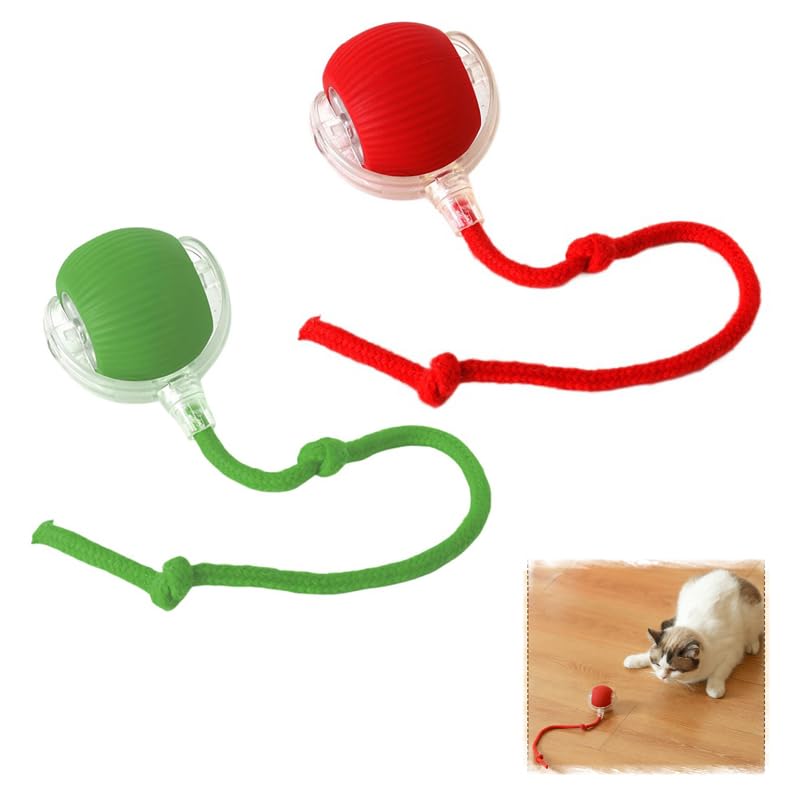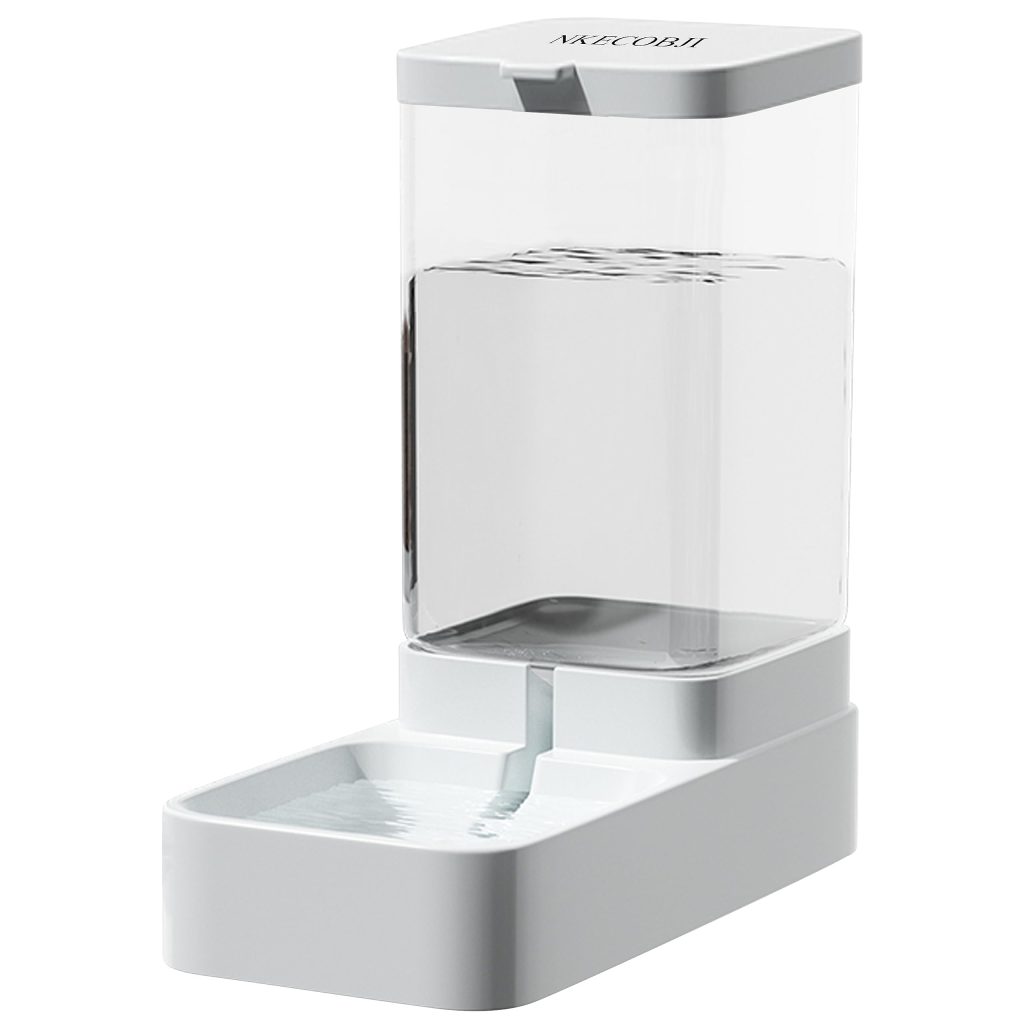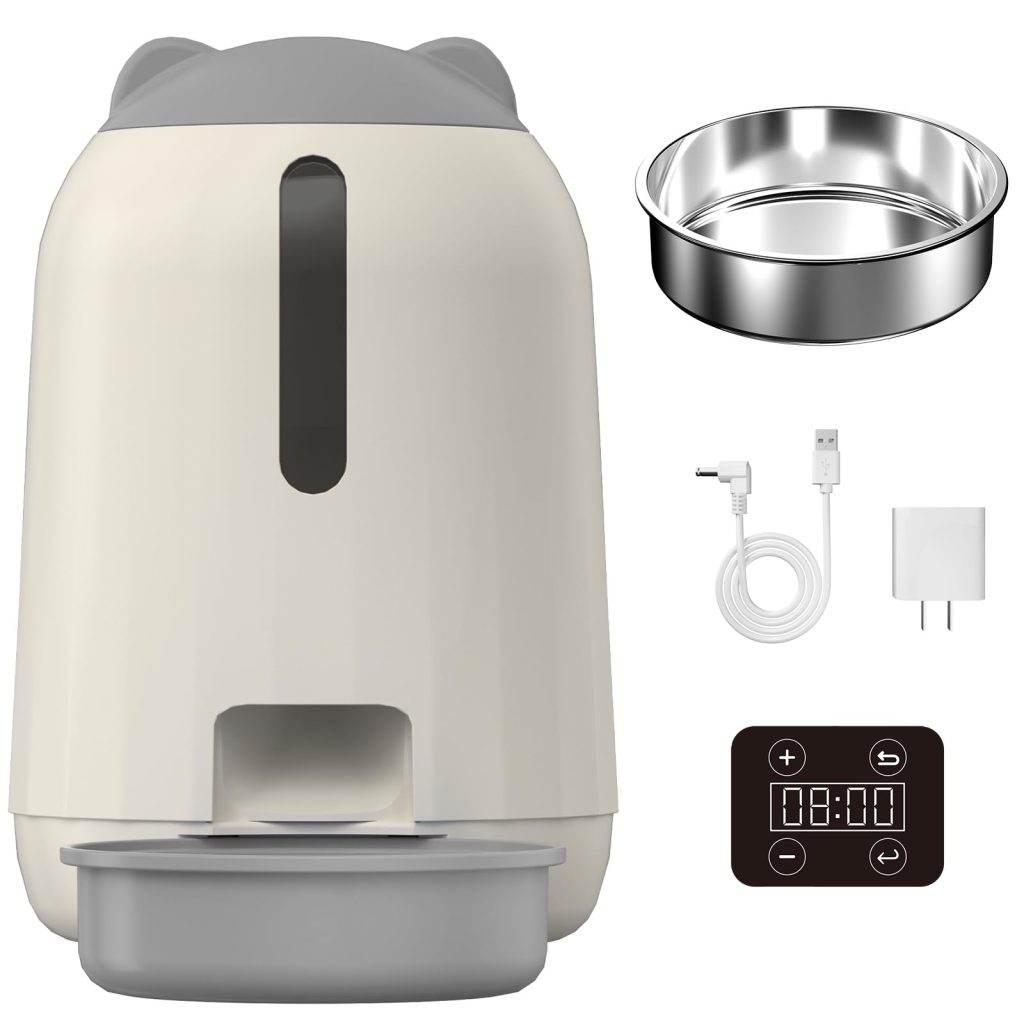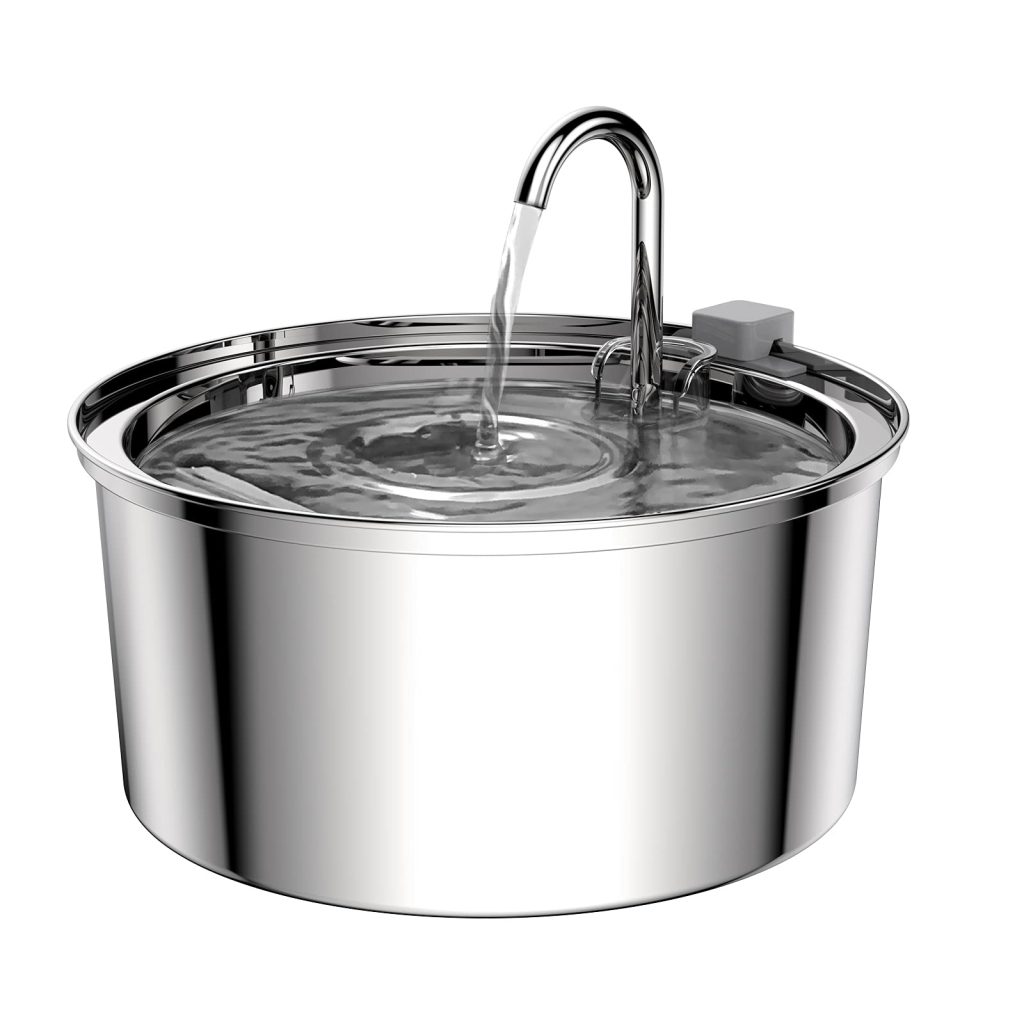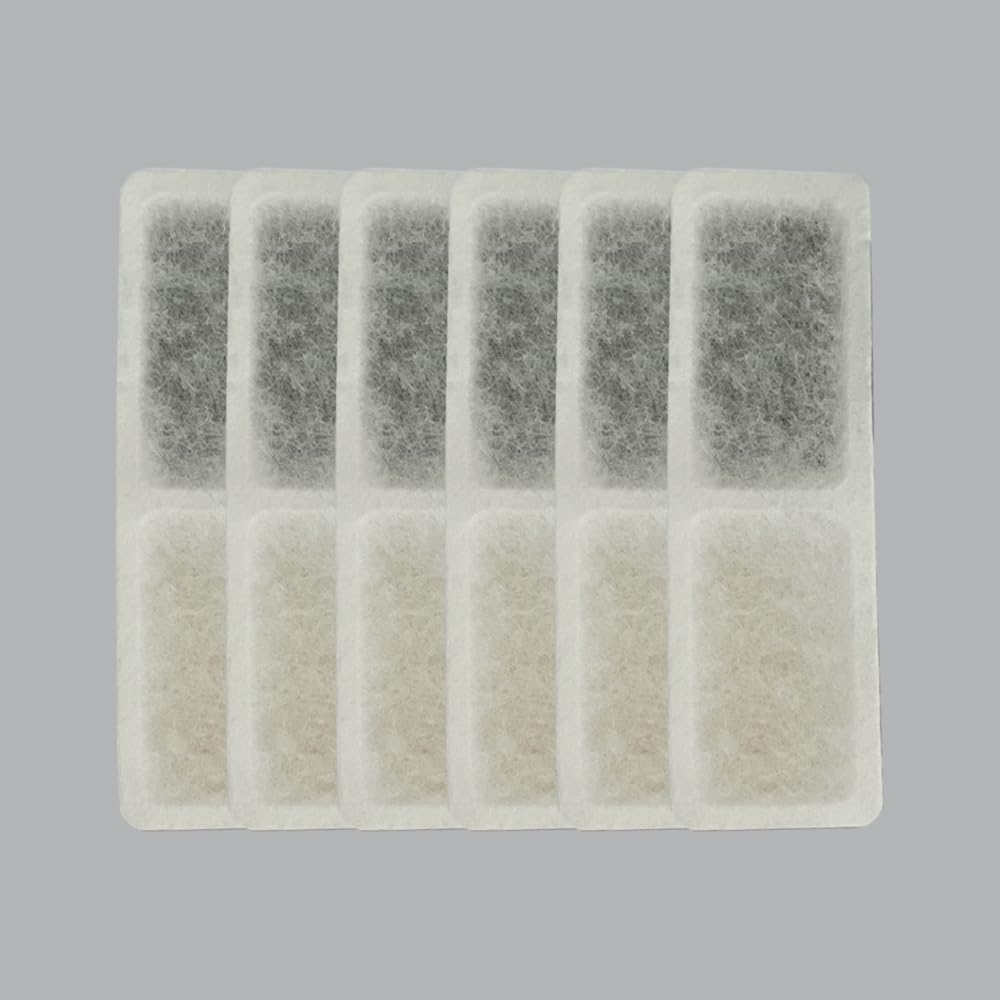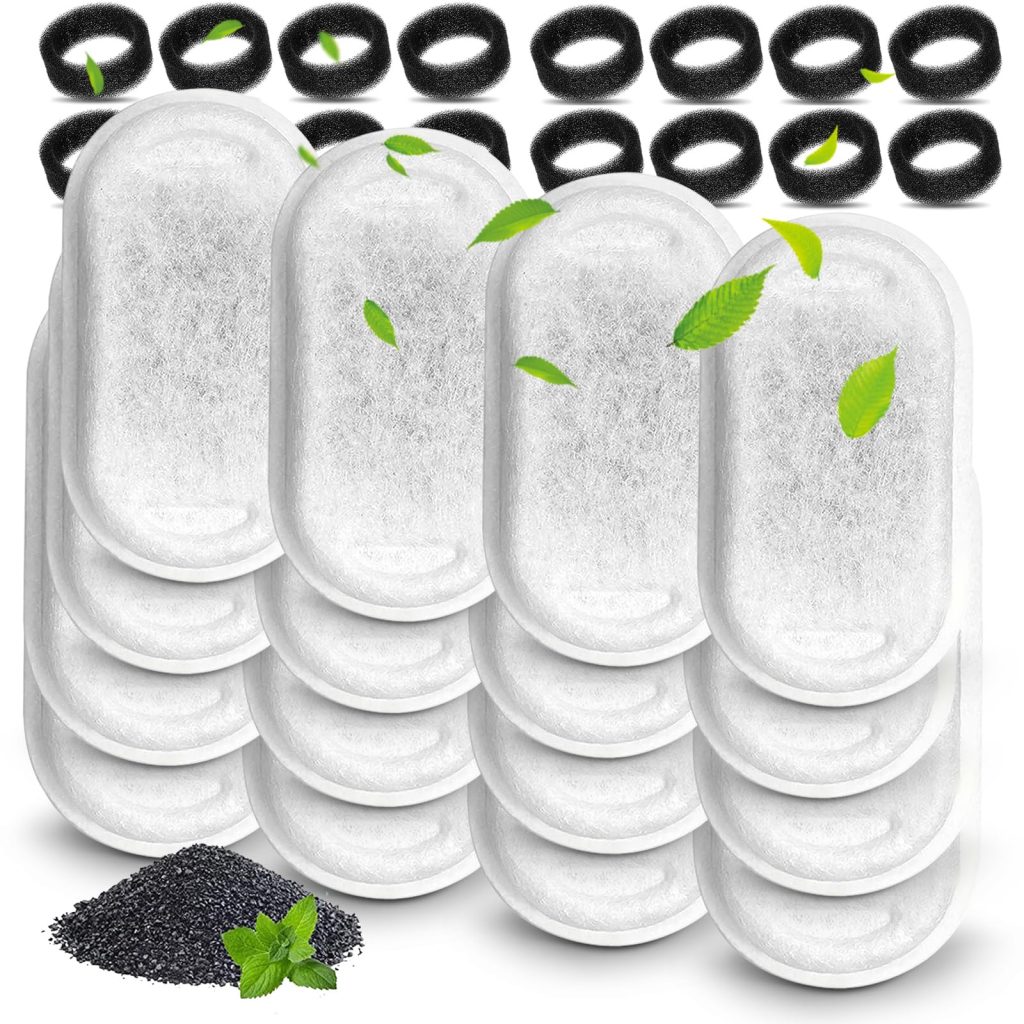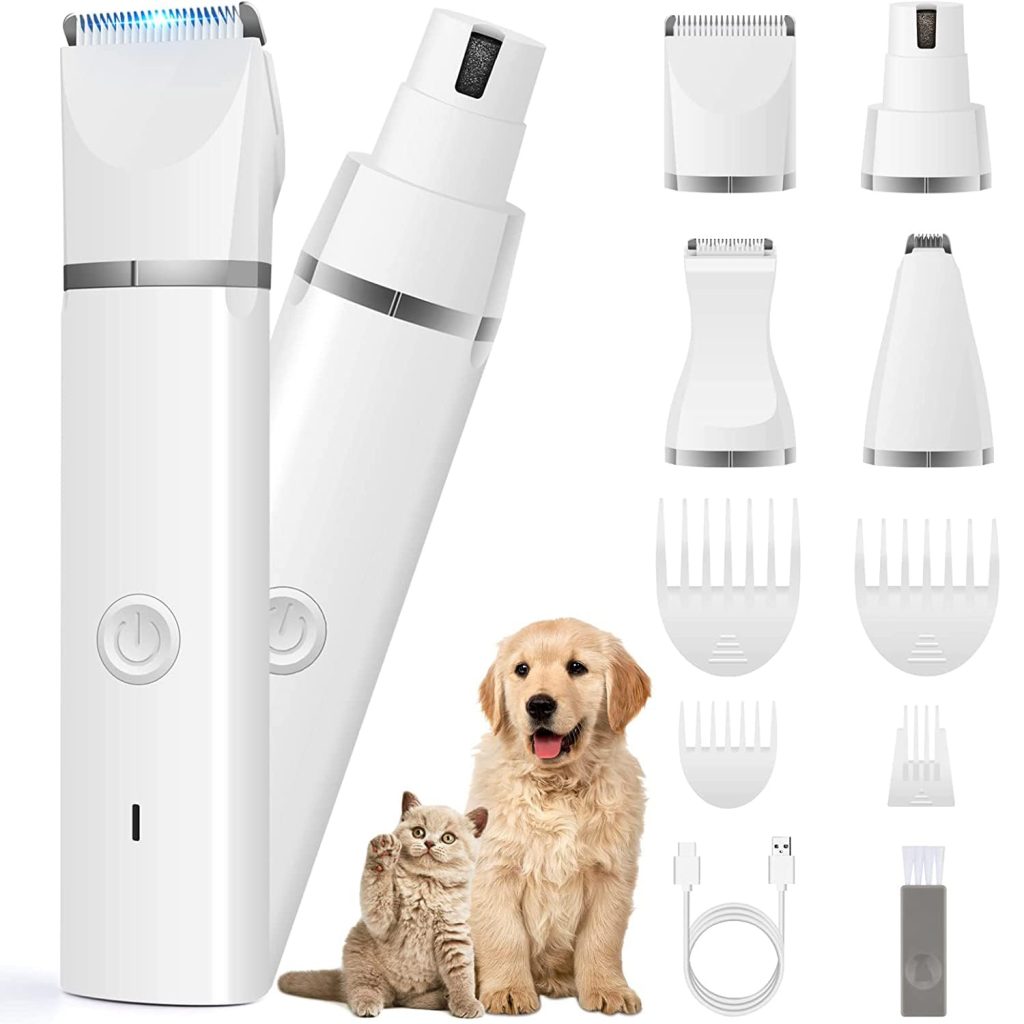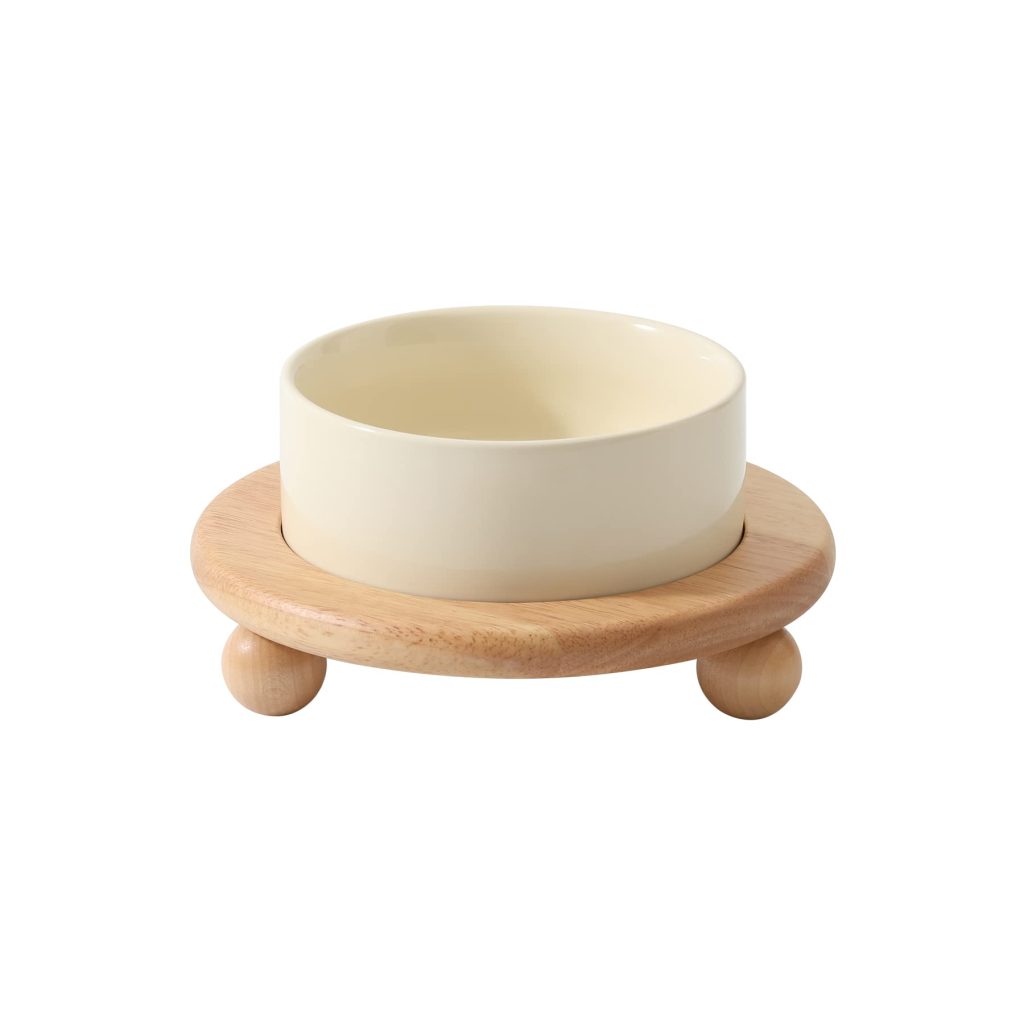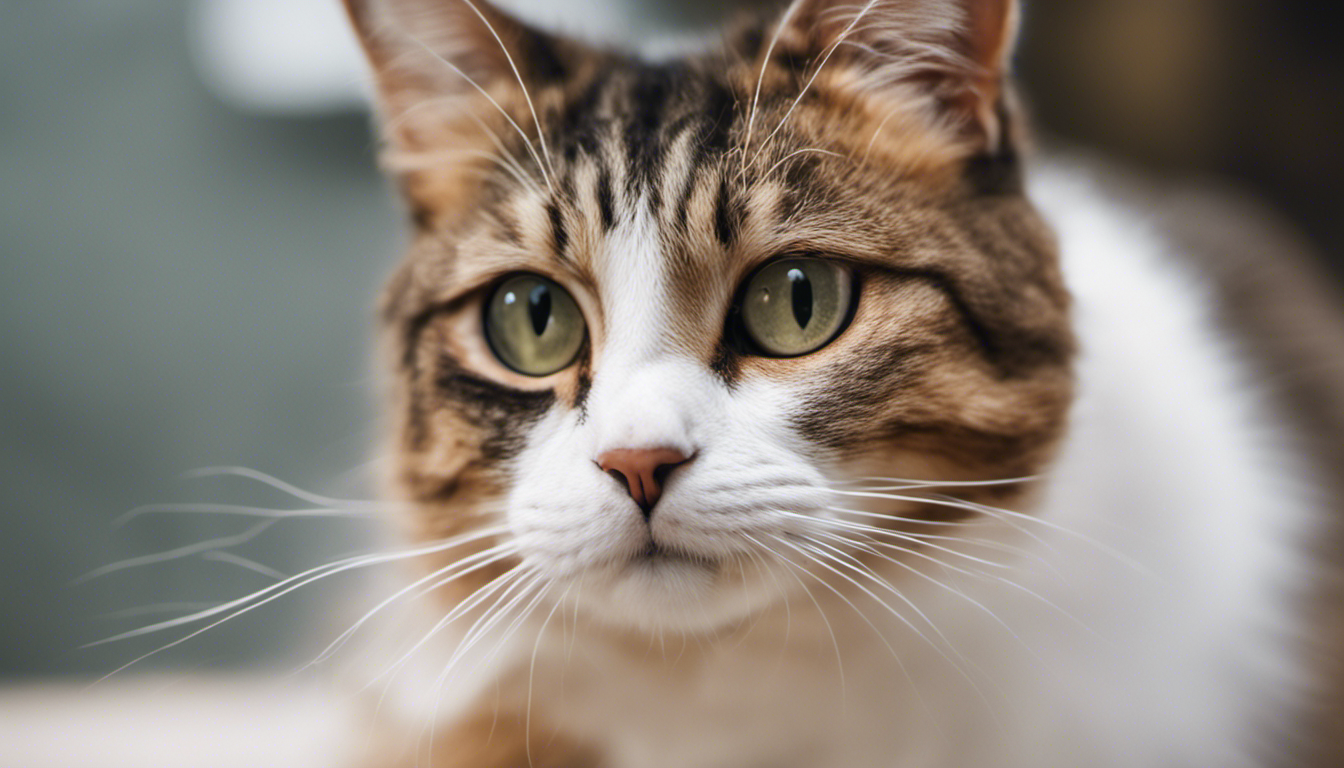
Cats are known for their independent and aloof nature, but just like humans, they can also experience anxiety disorders. Recognizing and treating cat anxiety disorders is important for their overall health and well-being. In this article, we will explore the significance of addressing feline anxiety, the role of nutrition in managing anxiety, and the positive impact it can have on our beloved feline friends.
Recognizing Cat Anxiety Disorders
Anxiety disorders in cats can manifest in various ways, including excessive meowing, hiding, aggression, excessive grooming, litter box issues, and destructive behavior. It’s essential to observe your cat’s behavior and identify any unusual patterns or signs of distress. If you suspect your cat is suffering from anxiety, consult with a veterinarian who can provide a proper diagnosis and treatment plan.
Treating Cat Anxiety Disorders
Treating cat anxiety disorders often involves a multifaceted approach that addresses both the environmental and emotional factors contributing to the condition. Here are some strategies that can help alleviate feline anxiety:
- Creating a Calming Environment: Provide your cat with a safe and quiet space where they can retreat when feeling anxious. Use pheromone diffusers or calming sprays to create a soothing atmosphere.
- Establishing a Routine: Cats thrive on routine, so try to maintain consistent feeding, playtime, and litter box schedules. This predictability helps reduce stress and anxiety.
- Implementing Behavior Modification Techniques: Positive reinforcement training can help redirect anxious behavior and teach cats new coping mechanisms. Reward desired behaviors with treats or praise to encourage confidence.
- Medical Intervention: In severe cases, medication prescribed by a veterinarian may be necessary to manage cat anxiety disorders. Medications such as selective serotonin reuptake inhibitors (SSRIs) can help regulate serotonin levels and reduce anxiety.
The Role of Nutrition in Managing Anxiety
Proper nutrition plays a vital role in supporting a cat’s overall well-being, including their mental health. Certain nutrients have been shown to have a positive impact on anxiety in cats. Look for cat food formulas that contain:
- Omega-3 Fatty Acids: These fatty acids have anti-inflammatory properties and can help reduce anxiety and promote brain health in cats.
- L-Theanine: This amino acid found in green tea has been shown to have calming effects on cats, helping to reduce anxiety and promote relaxation.
- Herbal Supplements: Some herbal supplements like chamomile or valerian root can help soothe anxious cats. Consult with your veterinarian before introducing any supplements into your cat’s diet.
The Positive Impact on Cats
Addressing and managing cat anxiety disorders can have a profound positive impact on their overall well-being. By reducing stress and anxiety, we can improve their quality of life and prevent potential health issues that may arise from chronic anxiety. Cats that receive proper treatment for anxiety tend to exhibit improved behavior, increased confidence, and better socialization with humans and other animals.
Remember: Every cat is unique, and what works for one may not work for another. Patience, understanding, and consistent care are essential when helping cats overcome anxiety disorders. By recognizing the signs, seeking professional advice, and providing a supportive environment, we can help our beloved feline companions live happier and healthier lives.
